
Silence, Grief and Water
In this week’s Torah reading, Hukkat, both Miriam and Aaron die, and Moses learns that he won’t be the one to lead the Israelites into the Promised Land. The people are in the 39th year of their wandering Bamidbar Sinai, in the Sinai wilderness, and there are...
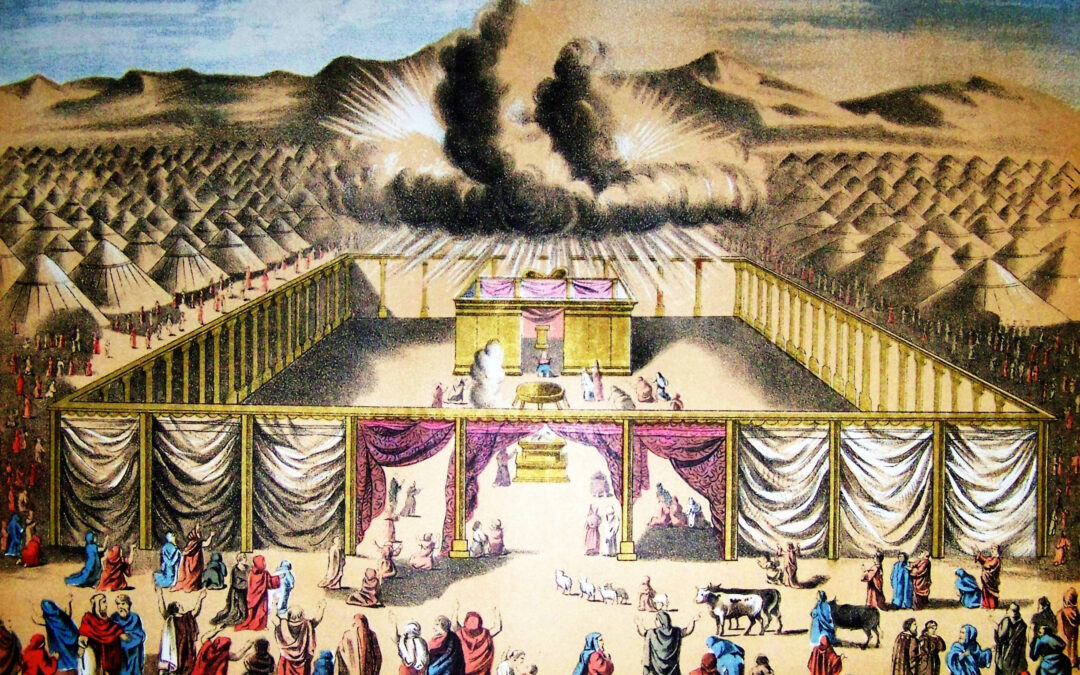
Korach, When Despair Leads to Disaster
I have always seen Korach, the character for whom this week’s Torah reading is named, as an example of how not to behave. That hasn’t changed, but as I began reading the parashah again, where Korach charges Moses and Aaron, madua titnasu al kahal ado-nai, “Why have...

Tweeting Under The Influence?
It’s certainly no longer news that the reprise of Roseanne Barr’s show was cancelled following a tweet comparing Obama aide Valerie Jarrett to an ape. In trying to defend herself, she claimed that the tweet was sent while she was under the influence of Ambien, a sleep...
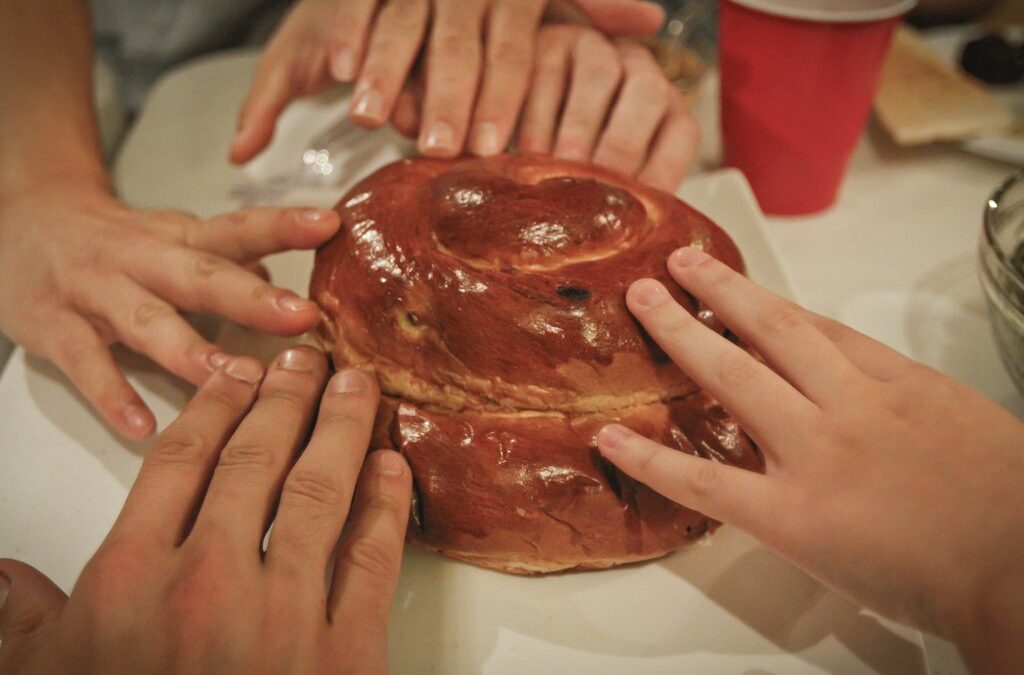
Shabbat at Wendy’s, When Worlds and Values Collide
The saying in comedy that “timing is everything” pretty much applies to, well, everything. A couple of weeks ago, the independent documentary “Wendy’s Shabbat,” directed by Rachel Myers, premiered at the Tribeca Film Festival. If you’re not familiar with it, “Wendy’s...
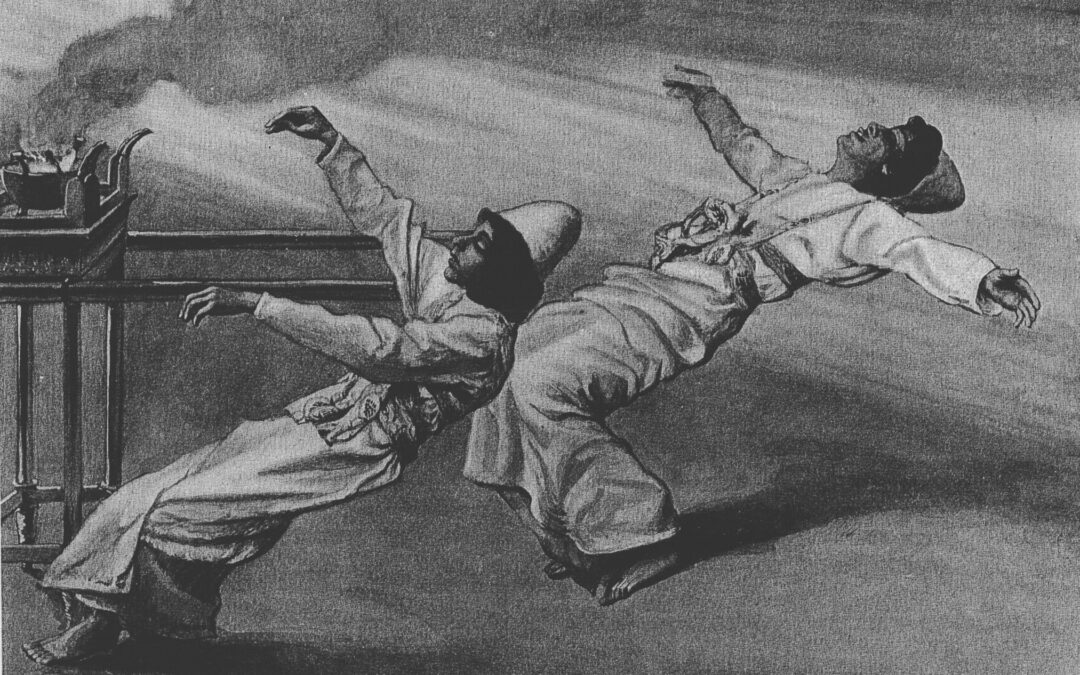
What Were They Thinking???!!
When I subscribed to the Sunday The New York Times, the Magazine occasionally ran a featured called, “What They Were Thinking.” There would be a photo from several years earlier, and the subject or subjects of the photo tell the reporter what they remember thinking...
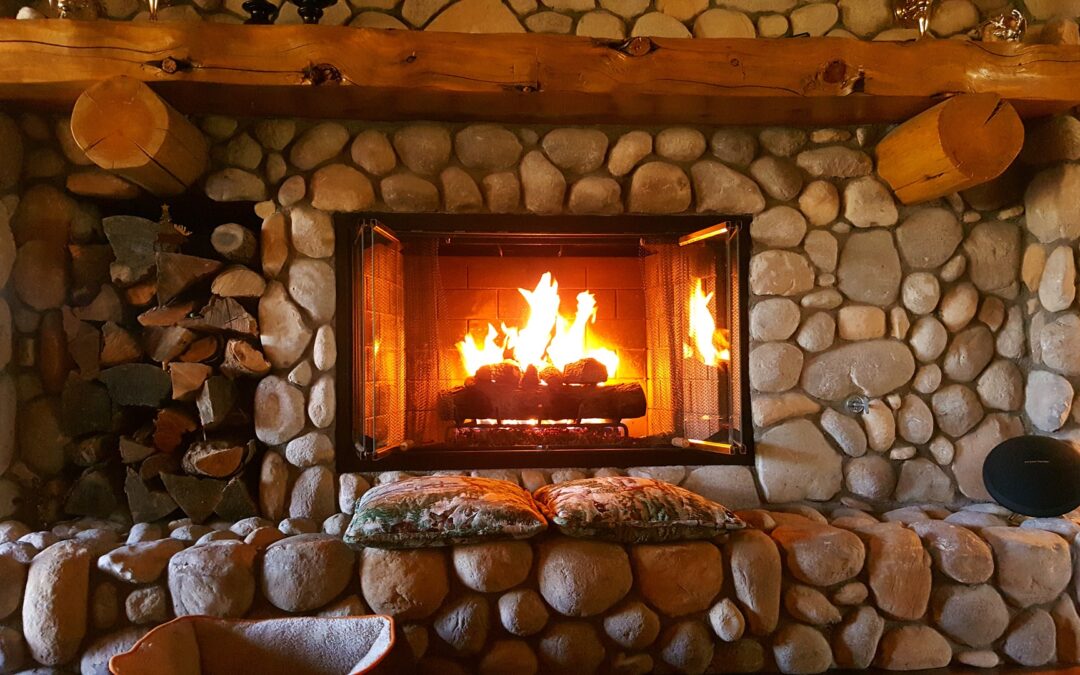
The Fire Within
This Shabbat is Shabbat haGadol, the Shabbat immediately preceding Passover, and traditionally, it was one of the two Shabbats where the rabbi would give a loooong sermon, the other being Shabbat Shuva, between Rosh Hashanah and Yom Kippur. The purpose of this...
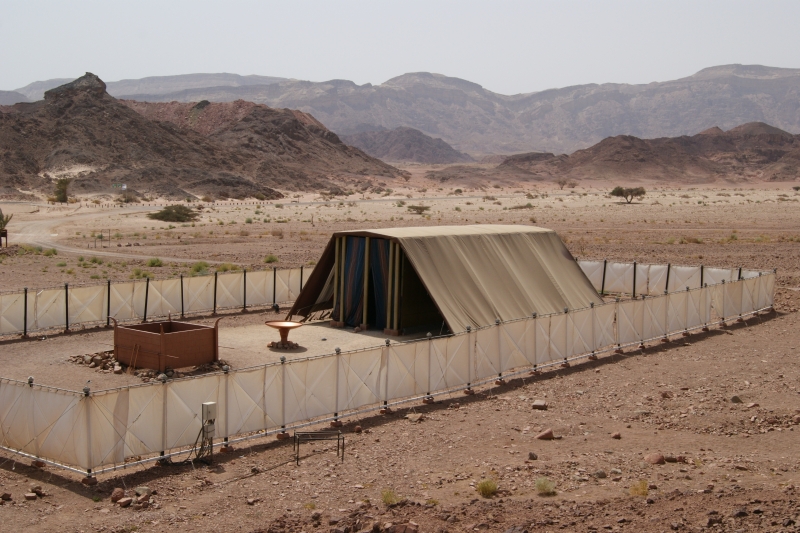
Stepping up
Like many TV shows, my favorite, "The Big Bang Theory," occasionally begins with, "Previously on The Big Bang Theory…" and shows a few snippets from previous episodes to bring us up to speed. After all, so many things happen from one week to the next that it's easy to...

When the Kids are at the Table
And when your children say to you, ‘What is this service to you?’ You shall say, ‘It is the Passover sacrifice to the Lord, because God passed over the houses of the Israelites in Egypt when God smote the Egyptians, but saved our houses.’” (Ex. 12:26-27) No, you...
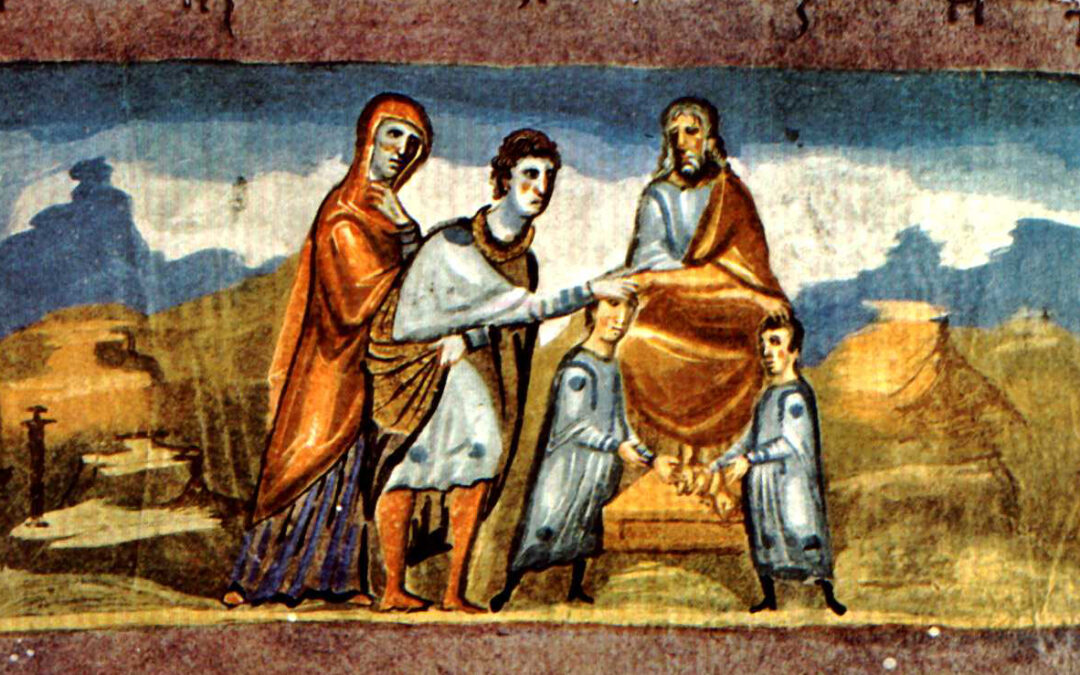
The Blessing of Time, the Time for Blessing
A man went to the doctor for a battery of tests. When they were finished, the doctor came back into the room with a solemn look on his face. He said to the patient, “I’m sorry to have to tell you this, but you have 6 months to live.” The patient replied, “That’s...
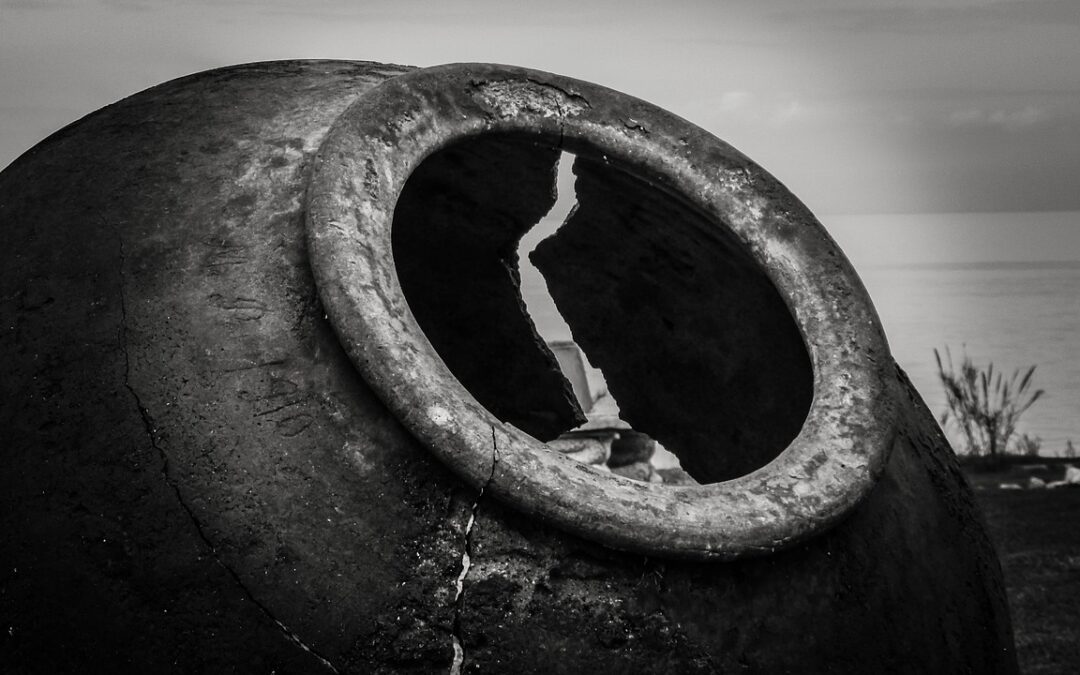
Vayigash – Coming Near to Healing
The phrase, “bury the hatchet,” according several online sources, originated as an American Indian tradition, where tribal chiefs, especially the Iroquois, would bury their hatchets when they came to a peace agreement.” In a sense, that what appears to happen in this...
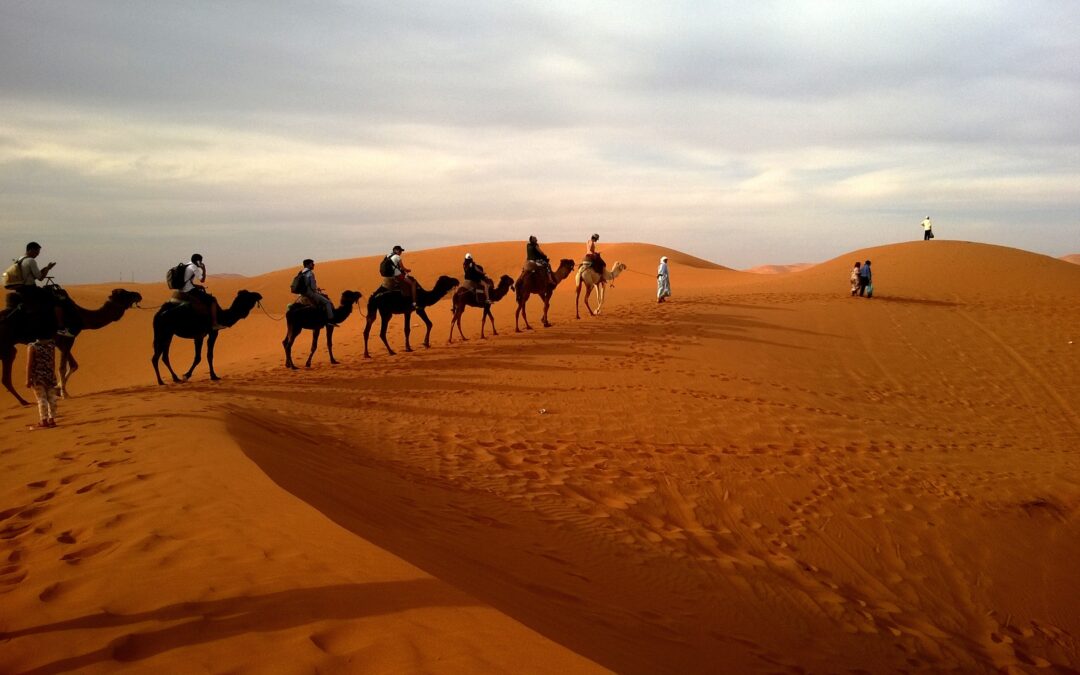
Rebecca’s Voice
From the standpoint as a rabbi, the timing of the allegations against judge and senatorial candidate Roy Moore, Harvey Weinstein and others regarding sexual impropriety, and our weekly Torah readings, couldn’t be better. In Lech Lecha we see Abraham pass his wife...

It’s Abraham’s Wonderful Life
וַיֹּ֡אמֶר קַח־נָ֠א אֶת־בִּנְךָ֨ אֶת־יְחִֽידְךָ֤ אֲשֶׁר־אָהַ֙בְתָּ֙ אֶת־יִצְחָ֔ק וְלֶךְ־לְךָ֔ אֶל־אֶ֖רֶץ הַמֹּרִיָּ֑ה וְהַעֲלֵ֤הוּ שָׁם֙ לְעֹלָ֔ה עַ֚ל אַחַ֣ד הֶֽהָרִ֔ים אֲשֶׁ֖ר אֹמַ֥ר אֵלֶֽיךָ׃ "And God said please take your son, your only son, whom you love,...

The Dharma of Abraham
At the suggestion of my good friend Jill, I’ve started reading The Great Work of Your Life by Stephen Cope, who is the director of the Institute for Extraordinary Living at the Kripalu Center in Lenox, MA. The book weaves together the 2,000 year-old Bhagavad Gita...

Looking Forward, Letting Go
In April of 2015, Archbishop Desmond Tutu traveled to Dharmsala for a week of interviews and discussions with his close friend, the Dalai Lama, and to celebrate His Holiness’ 80th birthday. The interviews and discussions were to become The Book of Joy, and were...
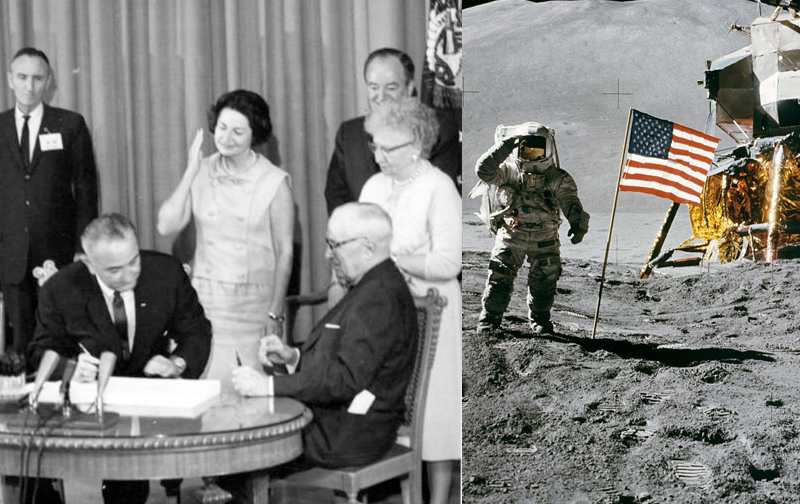
Medicare, Moon Landings and Masei
This Shabbat we read the combined parshiyot of Mattot and Massei, finishing the book of Bamidbar, which literally means “in the wilderness.” The Israelites have been wandering in this wilderness for about 40 years since they left Egypt, and during that time traveled...
Latest Sermons

Achare Mot: “I Can DO It Myself!”
Photo credit: Flickr.com, Kenny Holston, Whiteman fitness center Achare Mot: "I Can Do It Myself!" Years ago Joan Collins did a commercial for Jack LaLane Fitness Centers. She asked her butler to bring her her shoes and gym bag. When he asked if perhaps he should...
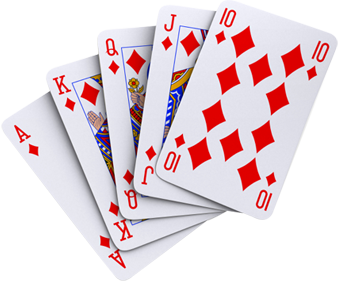
Life: The Luck Of The Draw
Image credit: pinging.com A few weeks ago, towards the end of Talmud Tractate Megilla, I wrote about various sages in the Talmud who lived to “old age,” whatever that meant 2,000 years ago, and to what they attributed their longevity. I noted my chuckle over one...

Vayechi: Spiritual Care For The Dying
Photo Credit: D-Gernz on Flickr This week’s Torah reading, Vayechi, begins by telling us that our patriarch Jacob, “lived 17 years in the land of Egypt,” once he had been reunited with his beloved son, Joseph. This sentence sets the stage for the end of the...
Latest Midrash HaZak

Behar-Bekhukotai: Seven and Fifty
birthday cake with 5-0 candles from zen imagery on Flickr, 7 candle from a package Behar-Bekhukotai: Seven and Fifty by Chaplain Barry E. Pitegoff, BCC Rabbi Elkodsi frames this book as “But Who’s Counting?” My professor of Gerontology taught that counting...

Ki Tissa: Aging and Reconciliation
Image Credit: circunda-tederosas.blogspot Ki Tissa: Aging and Reconciliation by Anita Silvert “When the people saw that Moses was so long coming down from the mountain, the people gathered against Aaron and said to him, ‘Come, make us a god who shall go before us, for...

Re’eh: See the Blessing
Image: Nahant Sunrise from image.org Re’eh: See the Blessing by Dr. Nechama Liss-Levinson The portion Re’eh, chock full of statutes and commandments, begins with the word re’eh, sometimes translated as “behold,” but I prefer the translation “see.” And what are we...
Latest Personal Blogs
No Results Found
The page you requested could not be found. Try refining your search, or use the navigation above to locate the post.
